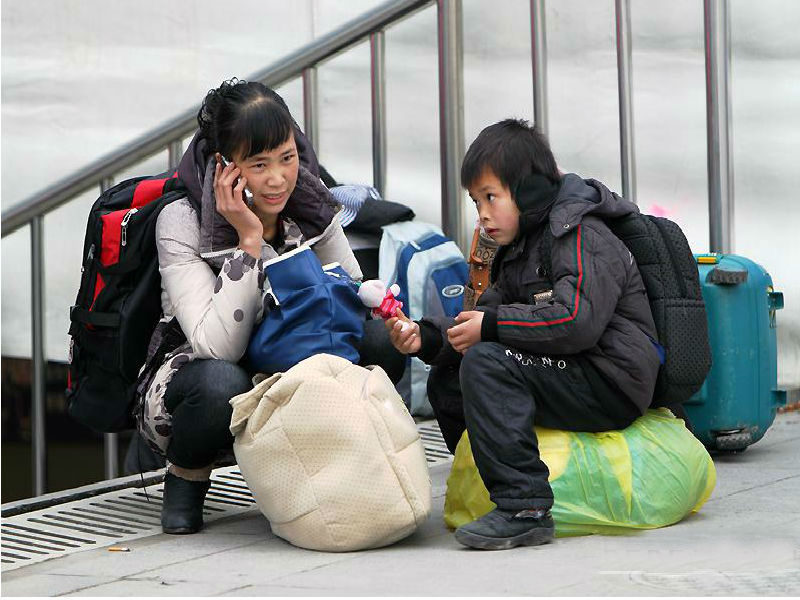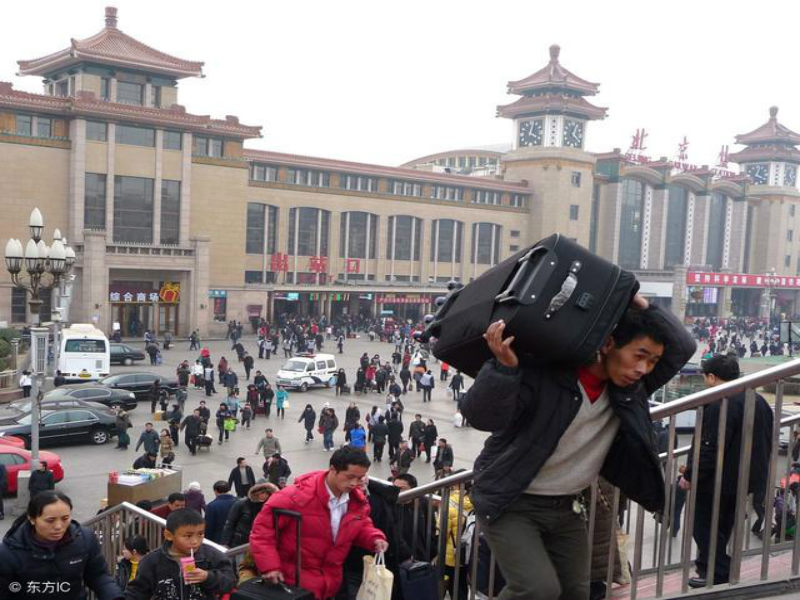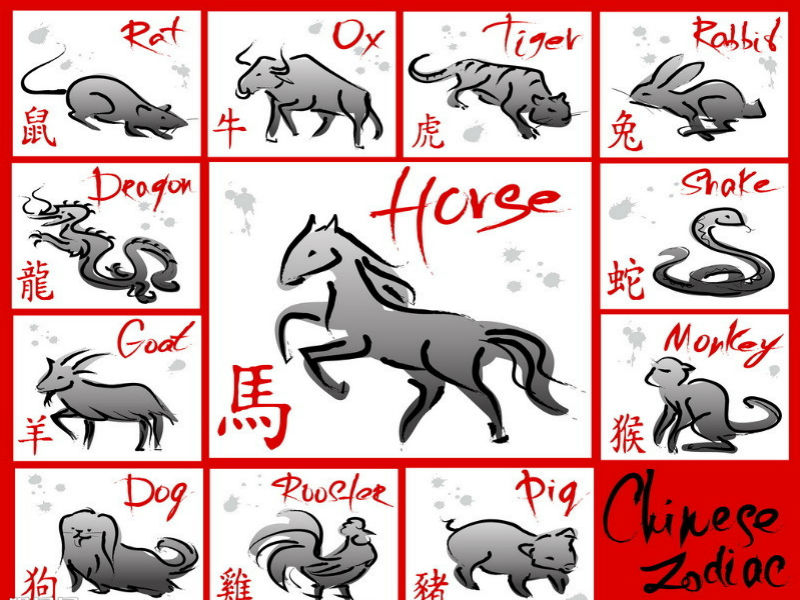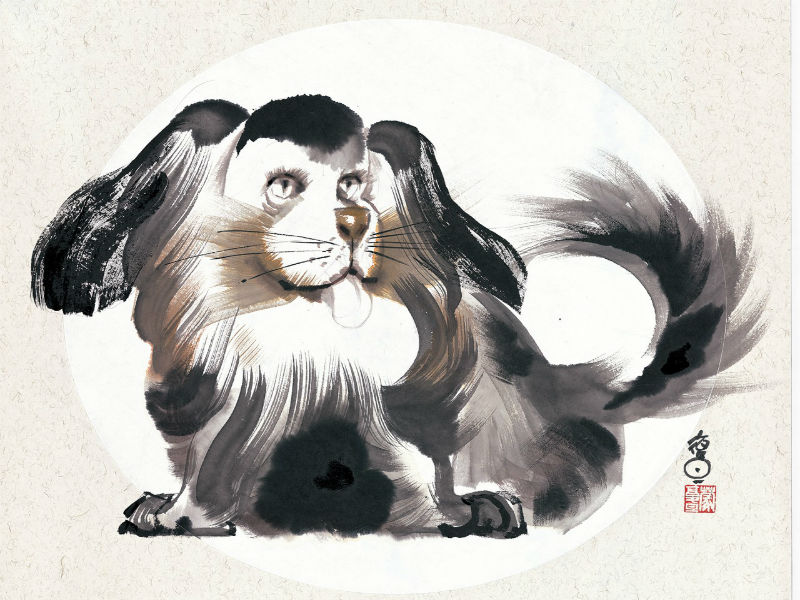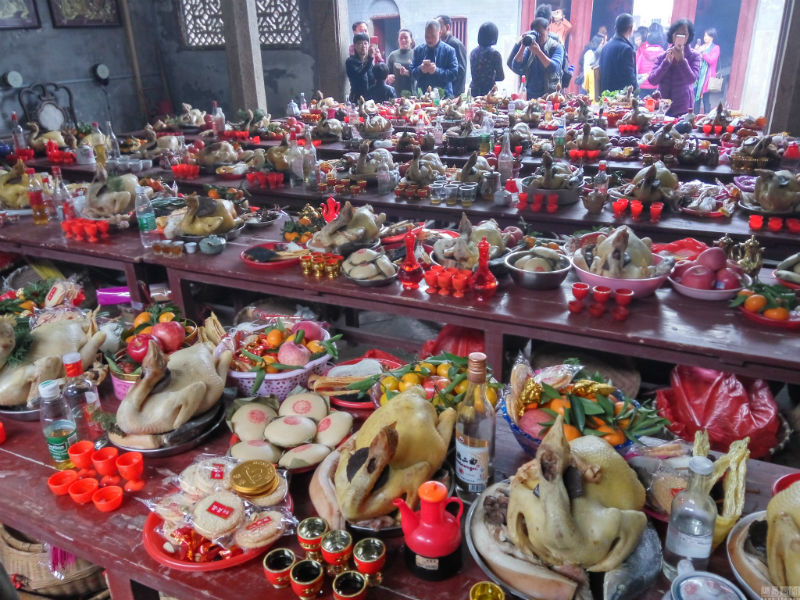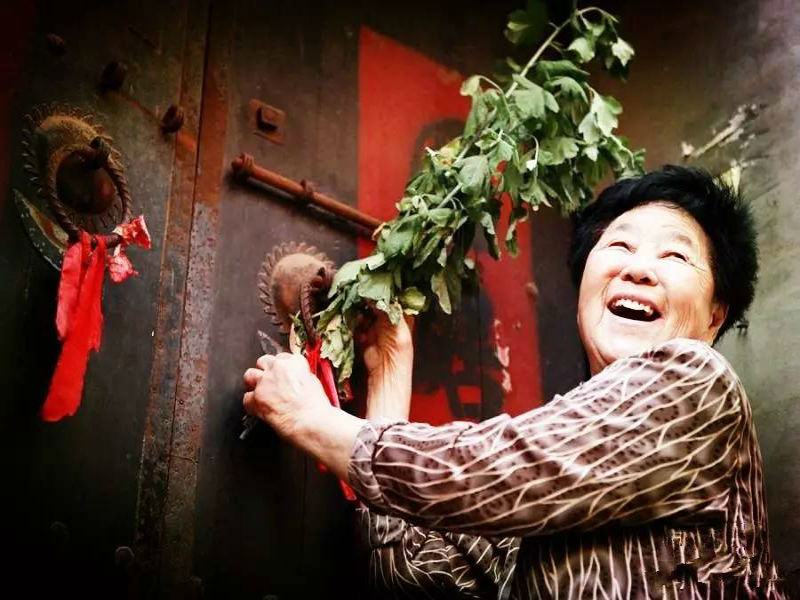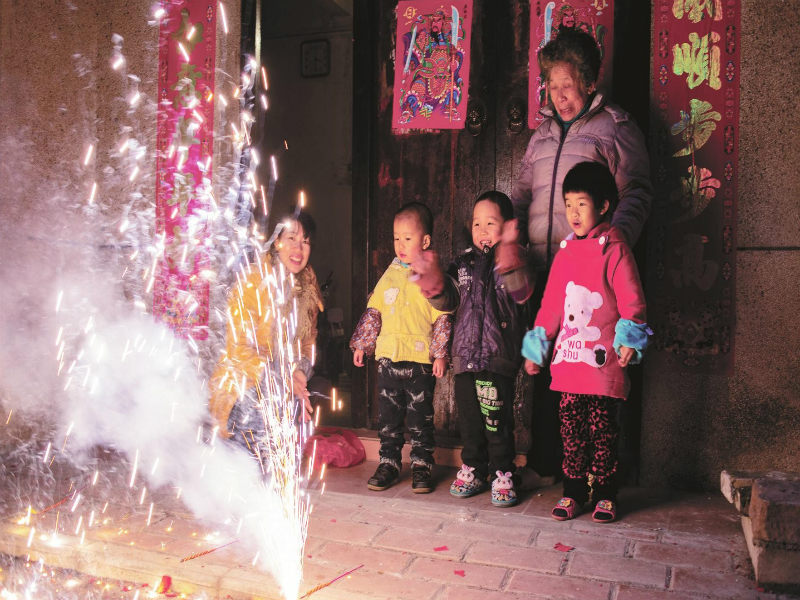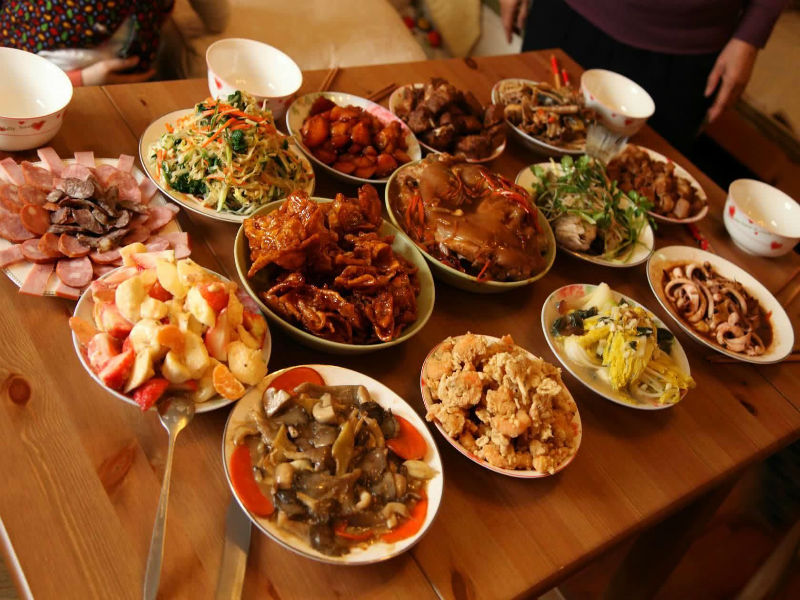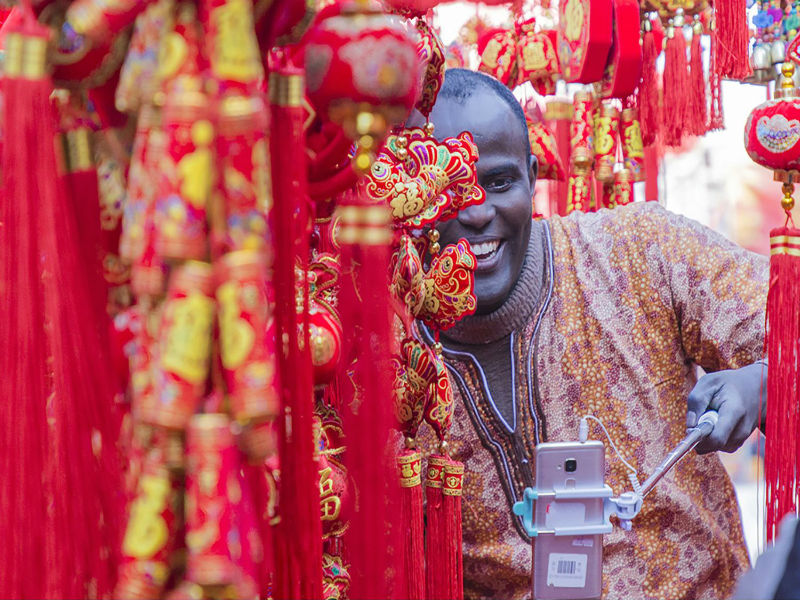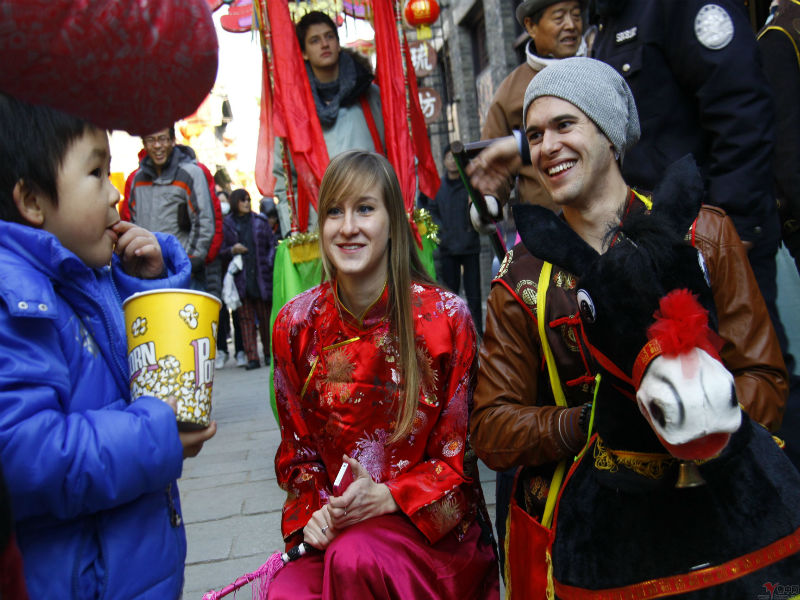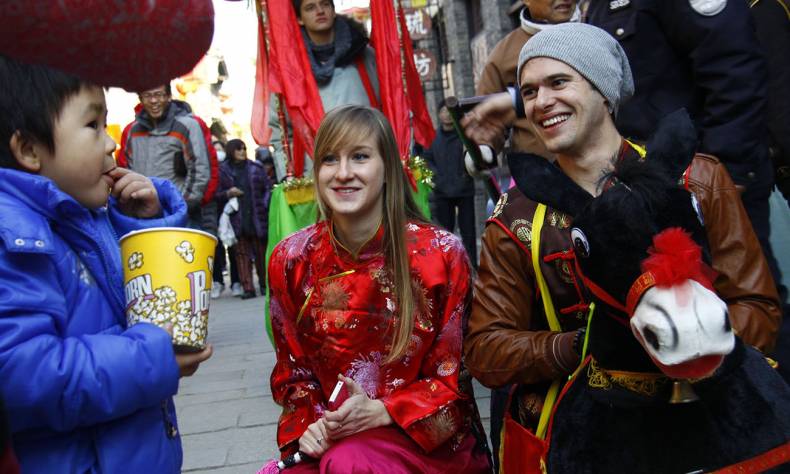
Will Chinese New Year Become a Global Festival?
February 26th is the eleventh day of the Chinese Lunar New Year, the year of Dog. Although the working day has started, most people are still happily immersed in the family festival.
February 26th is the eleventh day of the Chinese Lunar New Year, the year of Dog. Although the working day has started, most people are still happily immersed in the family festival. A documentary produced by the BBC called “Chinese New Year: The Biggest Celebration on Earth” gave people all over the world the opportunity to feel the charm of the Chinese New Year, the call of family, and the reunion of their loved ones. This made it quite clear that Spring Festival is the biggest day for all Chinese people.
People working and living far from their home towns returned to join their parents and children. During the Spring Festival, rail and air ticket sales experience a unique upsurge. Tourism is growing, with outbound tourism more popular this year, and the number of tourists also rose over the last year, while air tickets to Sanya skyrocketed. Stations crowded with people burdened by luggage… that is foreigners’ first impression of Chinese New Year.
Of course, foreigners have also heard about China’s twelve-animal zodiac, and the mystery of the Chinese zodiac sign foretelling and the family reunion dinner, the big feast on New Year’s Eve.
In fact, while the festive meal is universal, people from around the country celebrate New Year in a variety of ways. Let’s take a look at some customs from specific provinces and cities.
Shanghai:
The fourth day of the lunar month is known as the day to welcome the god named ‘ZaoWang’. In ancient legend he was the god of the kitchen, who visited the world to check how humans were doing in the New Year, and reported back to the Jade Emperor. Every family would have to worship him by leaving food offerings beneath his pedestal.
On the fifth day of the lunar month, all the gods came to the human world, so every family had to clean up the house. New Year taboos, which ban people from cooking with uncooked rice, sewing, cleaning and doing business during the first days of the Spring Festival, are removed on the fifth day.
However, the most important tradition for the day is sending off the God of Poverty and inviting in the God of Wealth, who Chinese believe was born that day.
According to tradition, setting off firecrackers and dumping trash drives away bad luck and poverty, while opening doors and windows and preparing banquets pleases the God of Wealth.
Jiangsu Province:
In Suzhou, people hide a boiled water chestnut in their bowl of rice and dig it out to eat, a practice known as “digging the wing”. When relatives and friends come to visit, they put two green olives in the tea and drink “wing tea”. This means wishing guests all the best.
People in Wujin hang a portrait of their ancestors in the living room and offer them fruits and rice cakes as a mark of respect. When cleaning the house, they are not allowed to throw out the dirt outside; in doing so, you may be casting away fortune and good luck.
People in Jiangning have a tradition of “beating the drum” during the Chinese New Year, while people in Nantong used to plant ilex and tree branches in front of their door, which means life, like the green tree, will go well and keep growing.
People in Huaiyin have a unique tradition on Feb 21th, which is to take your children to a piece of wild land at midnight and light a fire above their head; they believe this will drive away all sickness.
Anhui Province:
In Anhui province, the dinner on New Year’s Eve is considered the most important one, and people there must set off fire crackers and pay their respects to their ancestors before eating anything. The worship ritual is quite strict – youngsters should eat first, and there must be ten dishes including chicken and fish.
When they wake up in the morning of Feb 16th, they must immediately go outside and set off firecrackers. Families greet each other and eat Chinese dates, eggs, and long life noodles before going to visit the elder members.
Also, they cannot sweep the floor on Feb 16th, and any leftover tea must be poured into a bowl. No water can be splashed outside the house; in this way,they believe they will keep fortune inside the house.
Hunan Province:
In Hunan province, three dishes that must be eaten on New Year’s Eve are rooster, pork and fish. The rooster should be braised whole, and its head should be set up straight after it is cooked. Steamed fish will be covered with red chili, a symbol of good harvest; chili, of course, represents thriving.
As well as their unique customs, you can see most people traditionally setting off firecrackers, eating dumplings, and cleaning their homes for good fortune. New Year taboos, which ban people from cooking with uncooked rice, sewing, cleaning and doing business during the first days of the Spring Festival, are removed on the fifth day.
Sichuan
Even China’s panda cubs send their wishes back in their home in Sichuan.
As China gets closer to the center of the world’s stage, for ethnic Chinese spread around the world, Chinese New Year is no longer just a holiday in China only. More and more other countries celebrate Chinese New Year, and we can now expect more than just watching the TV to celebrate Chinese New Year in foreign countries.
Photo via Xinhua,东方IC,weibo
 Facebook
Facebook
 Twitter
Twitter
 Linkedin
Linkedin
 Google +
Google +

